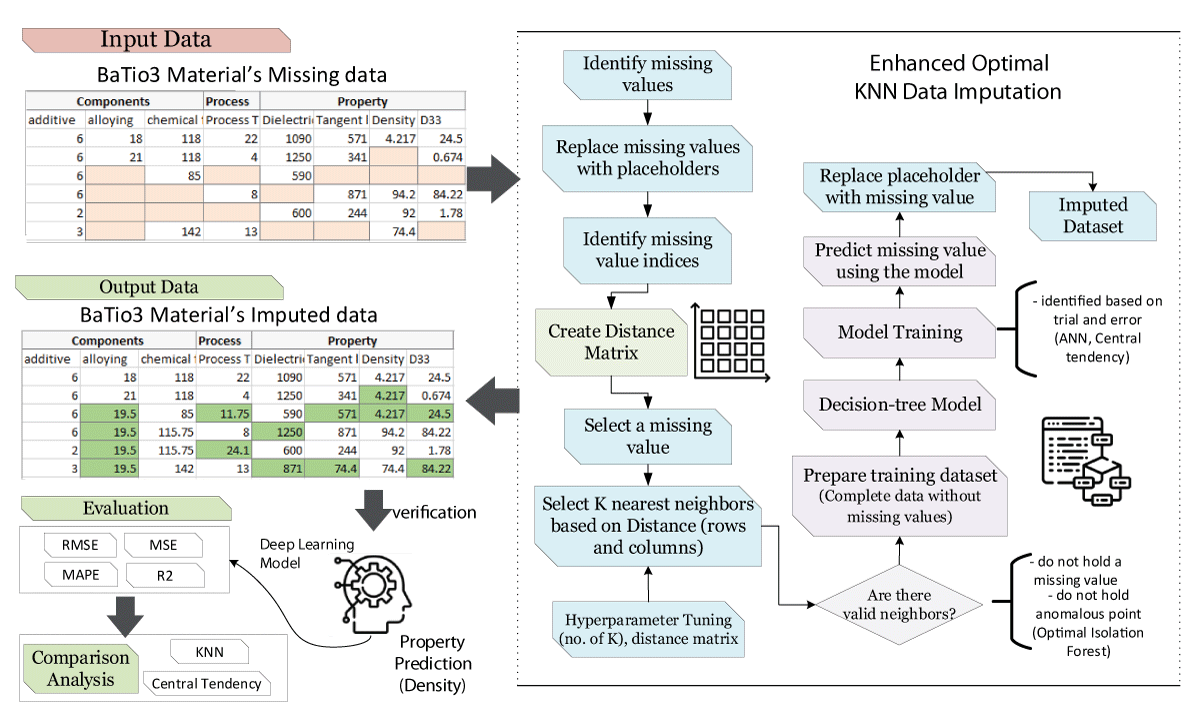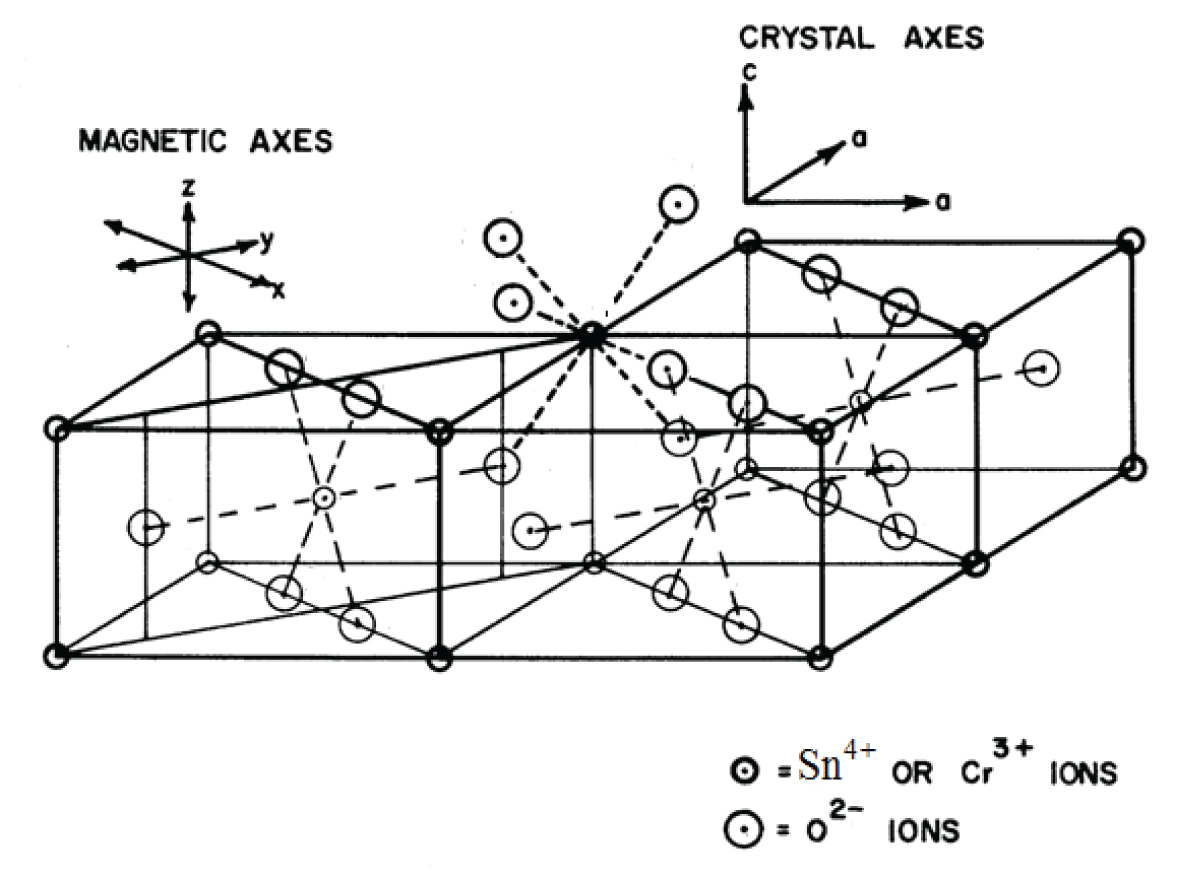Article Explorer
The Examination of Game Skills of Children Aged 5-6 Years Participating in Movement Education

Unlawful Homicide of Two Ugly and Disabled Victims in a Japanese Tale Based on a True Story

EB Naevi-like Lesion in Infant Bullous Pemphigoid
The Relationship between Energy and Climate Warming
The Impact of Teledentistry on Modern Dental Practice

Current Oscillations and Resonances in Nanocrystals of Narrow-gap Semiconductors

On how Doping with Atoms of Gadolinium and Scandium affects the Surface Structure of Silicon

Enhancing Material Property Predictions through Optimized KNN Imputation and Deep Neural Network Modeling

Potentially Toxic Metals in Cucumber Cucumis sativus Collected from Peninsular Malaysia: A Human Health Risk Assessment

Theoretical Review on Microplastic Pollution: A Multifaceted Threat to Marine Ecosystems, Human Health, and Environment

Dimensioning of Splices Using the Magnetic System

Slip Resistance Evaluation of 10 Indoor Floor Surfaces

The Reference Book of the Neology of the Spanish Language

Smart Mobility and Sensor Based-BRT Crusade, the Challenge for Auto Mechanics and Technicians in Africa

Modeling of Cr3+ doped Cassiterite (SnO2) Single Crystals
The Examination of Game Skills of Children Aged 5-6 Years Participating in Movement Education
This study examines the game skills of children aged 5-6 years participating in movement education programs. Given the crucial role of physical and cognitive skill development in early childhood, the study aims to explore how structured physical activities influence children’s motor skills, cognitive abilities, and social interactions. A descriptive survey model was employed involving 144 parents of children participating in movement education. The Game Skills Scale (GSS) was utilized to measure children’s game skills, and data were analyzed using SPSS 25, with t-tests for pairwise comparisons and Pearson’s correlation coefficient applied to determine relationships between variables, with a significance level set at p < 0.05. The results indicate that the game skills of children participating in movement education are notably high, with no significant differences based on gender or age. Furthermore, the duration of participation in movement education did not significantly impact the children’s game skills. These findings underscore the importance of incorporating structured physical activity programs in early childhood education to promote comprehensive development. The study contributes to the existing literature by highlighting the multifaceted benefits of movement education and providing insights for optimizing early childhood physical activity interventions.






